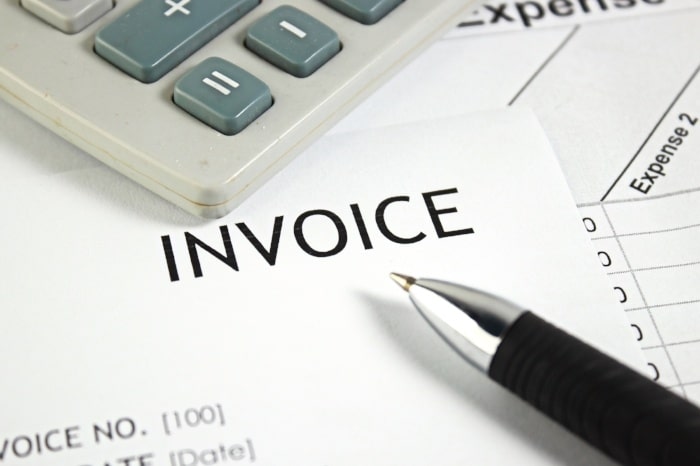Invoice finance is a term used to describe asset-based lending where invoices are purchased by a third party and funds released as working capital.
It is a quick way of maintaining cash flow and encouraging fast-paced growth as it can release up to 90% of the value of the invoice as soon as it is raised. In short, a business is able to raise money against an invoice prior to the client paying it.
Why invoice finance helps SMEs
Invoice finance is the way in which invoices can fund companies who have either slow-paying customers (i.e. construction), need ready funds to take advantage of price fluctuations (manufacturing and retail) or need to purchase large amounts of equipment to fulfil their orders or contracts (technical).
While invoice finance hasn’t changed much since it was first introduced the product has adapted to become a much more user-friendly form of business finance.
For SMEs, these changes have been essential when adopting invoice finance as a way of managing the credit lines of their business:
Lender saturation – Problems involving lender’s saturation or vulnerability where much of a customer’s credit is taken by a few customers, leaving much smaller credit limits for any newer applicants. This is changing with the increasing number of invoice finance lenders in the market.
Flexible invoice finance – There has also been a change in the flexibility of invoice finance products. Confidential invoice discounting, selective invoice discounting and whole turnover invoice discounting have become individual offerings themselves from a much wider selection of lenders including the alternative market and peer-to-peer lenders.
Credit control – Perhaps the biggest benefit of using invoice factoring is freeing up the time it takes to manage credit control. While the ultimate responsibility remains with you, the day-to-day process of chasing and collecting payments can business owners concentrate on important matters like developing the business.
Debt insurance – Every business will experience unpaid invoices at one point or another. Factoring your invoices reduces the pain of them, as the factoring company will have insured them and can claim against that insurance in the case of a bad invoice or customer insolvency.
Types of invoice finance
Invoice factoring / whole turnover invoice discounting
You can draw down from a credit facility based on your whole turnover. Every invoice you raise increases your drawdown facility, as does every paid invoice. You will be charged a percentage fee for each invoice but have the benefit of credit control and insurance against customer debt.
Factoring invoices allows companies to ‘sell’ their invoices to improve their working capital as it offers immediate funding that can be used for company expenses.
As opposed to obtaining a more traditional loan, factoring is often easier to get. Effectively you are selling an asset, not getting a business loan, although you will only be able to sell customer invoices from customers that are creditworthy in the eyes of the factoring company.
Factoring is usually a good choice for small businesses which either don’t have a lengthy credit history or are lacking any substantial assets.
Confidential Invoice Discounting
While looking and tasting a bit like invoice factoring, confidential invoice discounting differs in how the disclosure of using a third-party factoring company is presented.
For instance, a business using a factoring company will have the factoring company’s details stamped over their invoice whereas when using invoice discounting it will display no such disclosure of using a third party and responsibility for collecting unpaid invoices will remain.
Selective Invoice Discounting
The financial mechanics behind selective invoice discounting is the same as with the other forms of invoice discounting. However in this case the customer gets to choose which invoices to discount.
By doing so, it frees up working capital and allows purchasing opportunities to be taken or allows seasonal influences like raised labour and employment costs during busy periods to be financially satisfied.
At its heart invoice finance is a method of financing your company in real-time, as you invoice, instead of waiting one, two or three months to be paid by your customer. However, your invoice finance needs might differ from someone else’s and the growth of invoice discounting has offered businesses increasingly tailored invoice finance solutions.
To talk to us about what you are looking for from invoice discounting or to see how invoice finance can benefit your company, talk to one of our team or request a call back.


